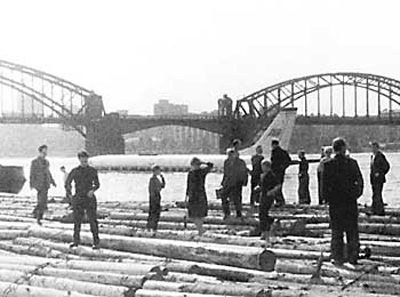Садиться/сесть, часть третья
When a plane or flying animal lands, the landing can be expressed by the verb садиться/сесть. There is a subtlety in the use of the prepositions with this idea. First off, if you land on something, then that is often expressed by motion phrases with the accusative case:
| Почему, когда птицы садятся на провода, их не бьёт током? | Why does the current not kill them when birds land on wires? |
| Утки часто садятся на воду. | Ducks often land on water. |
| Частный немецкий самолёт сел на Красную площадь. | A private German plane landed on Red Square. |
| В 1963-ем году советский самолёт сел на реку Нева. | In 1963 a Soviet airplane landed on the Neva. |
| Во Флориде самолёт сел на одну из самых оживлённых магистралей. (source) | In Florida an airplane landed on one of the busiest highways. |
| Из-за неисправности шасси самолёт сел "на брюхо" в Подгорице. (source) | Due to a landing gear failure an airplane landed on its belly in Podgoritsa. |
| Вертолёт сел на крышу небоскрёба. | The helicopter landed on the roof of a skyscraper. |
But the location where the craft lands (not the the thing it lands on) is expressed with location phrases:
| Грузинские самолёты еще садятся в Москве. (source) | Georgian planes are still landing in Moscow. |
| Частный российский самолёт сел в Бресте без разрешения. (source) | A private Russian plane landed in Brest without permission. |
| Самолёт сел на брюхо в Новосибирске. (source) | An airplane landed on its belly in Novosibirsk. |
| Испанский военный самолёт сел в Греции. (source) | A Spanish military plane landed in Greece. |

1963 — Neva River
No feedback yet
Form is loading...